US boosting Taiwan’s offensive capabilities against mainland China: Analysts
The United States’ decision to sell sophisticated military equipment to Taiwan is an attempt to boost the self-ruled island’s offensive capabilities against mainland China, analysts say.
The US administration last week approved the sale of around five billion dollars’ worth of advanced arms to Taiwan, including SLAM-ER air-to-ground missiles, General Atomics-made MQ9 drones, and the Harpoon coastal defense missile system.
If the latest deal is approved in Congress, the US will have sold around $17.5 billion in weapons to Taiwan during President Donald Trump’s four years in office.
Dennis Weng, an assistant professor of political science at Sam Houston State University, who has researched Taiwan’s military capability, said the Boeing-made, long-range SLAM-ER air-to-ground missiles could be used in a counterstrike directed at Chinese mainland targets.
“It’s not a defensive weapon,” Weng said, referring to the missile type. “The US is trying to send a stronger signal.”
Yun Sun, the director of the China Program at the Stimson Center, a Washington think tank, described the weapons included in the deal as “precisely what Taiwan would need in an asymmetric counterattack strategy to China.”
“If there’s going to be an attack on Taiwan by China, the chance of the US doing nothing and not lifting a finger is going to be minimal,” Yun said.
Su Tzu-yun, an analyst at the government-funded Institute for National Defense and Security Research in Taipei, said the SLAM-ER missiles could enable Taiwan to gain “limited sea dominance and air superiority” in a conflict, adding that the General Atomics-made MQ9 drones and land-based Harpoon anti-ship missiles would “serve battlefield awareness” if the Chinese army destroys Taiwan’s radars in a strike.
China, which considers Taiwan as a breakaway province that should be reunited with the mainland, firmly opposes any relations between Washington and Taipei.
Under the internationally-recognized “One China” policy, almost all world countries — including the US — recognize Chinese sovereignty over the self-ruled island.
But the US has been courting Taiwan in an attempt to unnerve Beijing. Washington almost regularly makes provocative moves around the self-governed island, particularly by sailing its warships through the sensitive and strategic Taiwan Strait, which separates Taiwan from mainland China.
Washington is also the island’s largest weapons supplier and an avid backer of Taiwan’s secessionist president Tsai Ing-wen.
Beijing, however, describes the weapons sales as a violation of China’s sovereignty.
Tensions between the US and China remain at their highest point in decades, with sharp divisions over a host of political and economic issues, including trade, Hong Kong, and the coronavirus pandemic.
US: Police criticizes ‘excessive and disproportionate' force used by ICE on protesters
VIDEO | Press TV's news headlines
Trump administration 'turning against entire ecosystem of human rights'
VIDEO | Leader meets Qur'an reciters, teachers on first day of Ramadan
Two killed, several injured in Israeli strike on refugee camp in Lebanon
US Supreme Court strikes down swath of Trump global tariffs
Tehran says US has not sought zero enrichment, warns war hawks pushing for ‘catastrophic war’
Iran ‘serious’ on achieving a ‘fair’ deal with US, Araghchi tells Lavrov






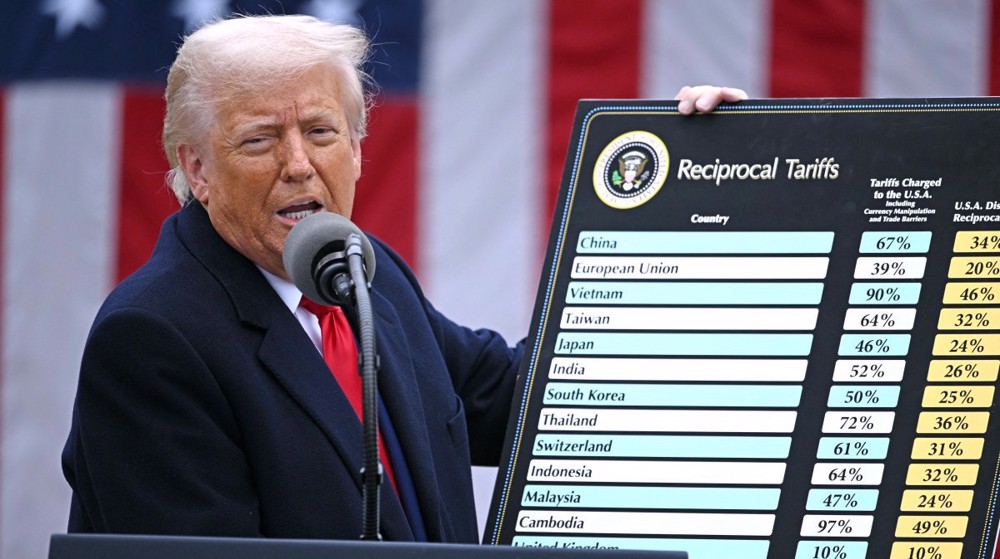

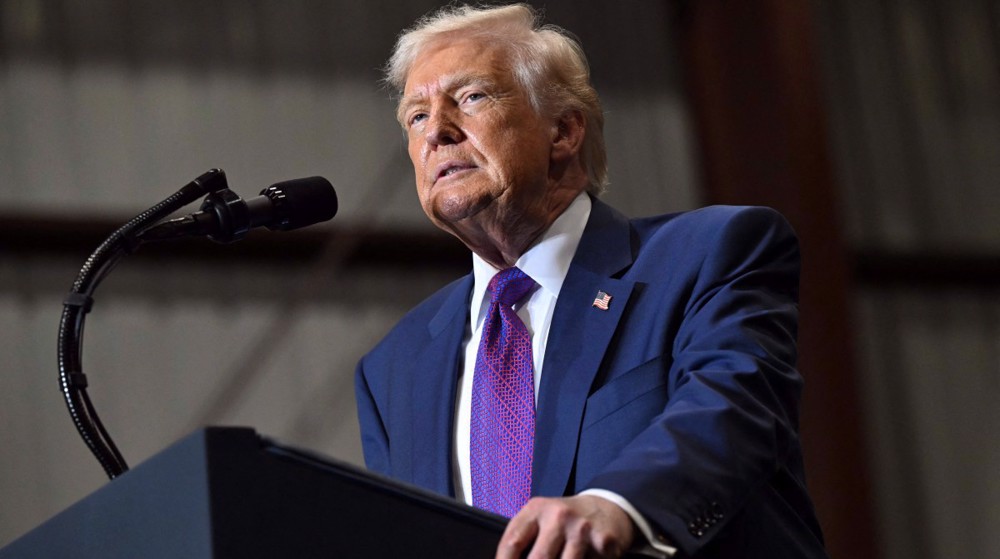




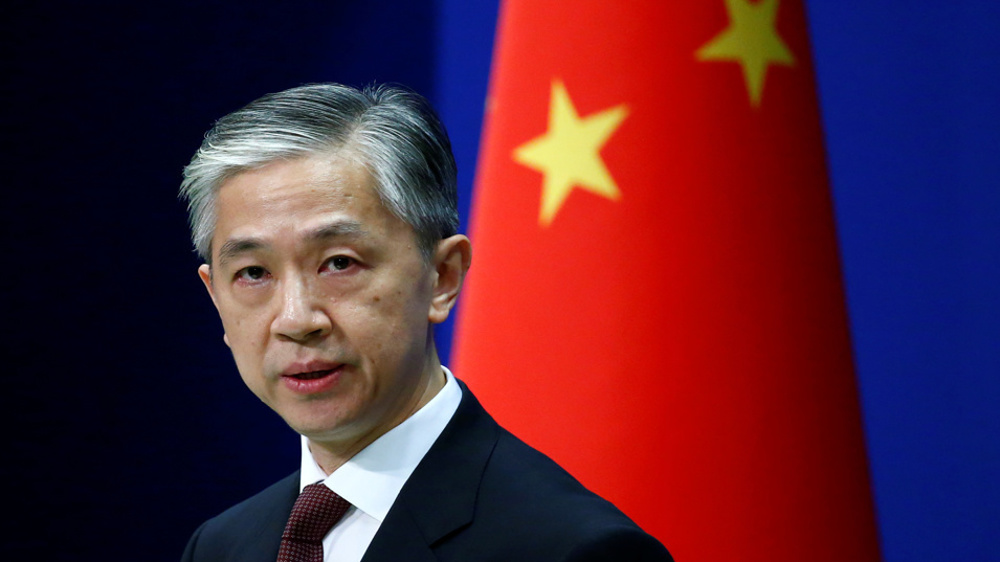
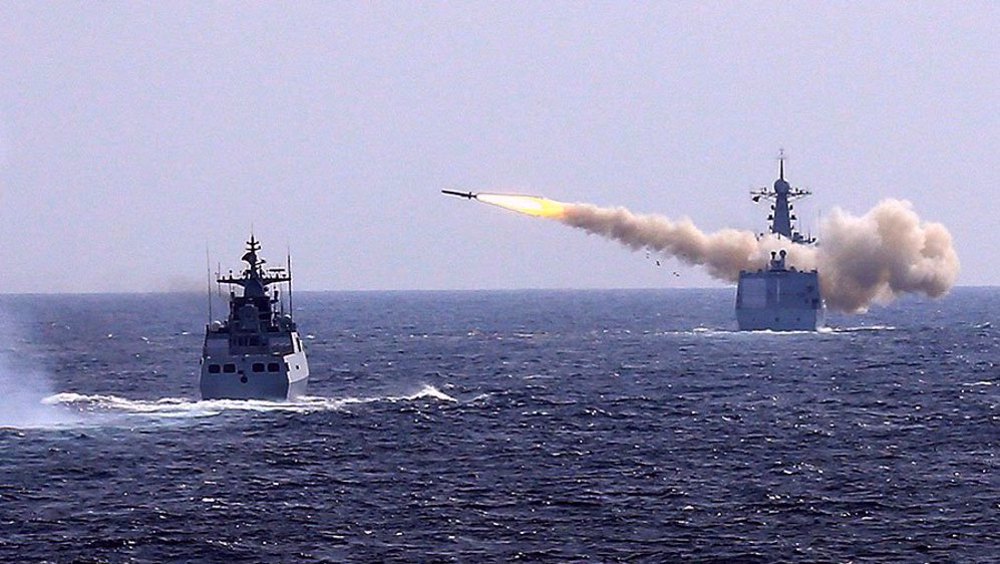


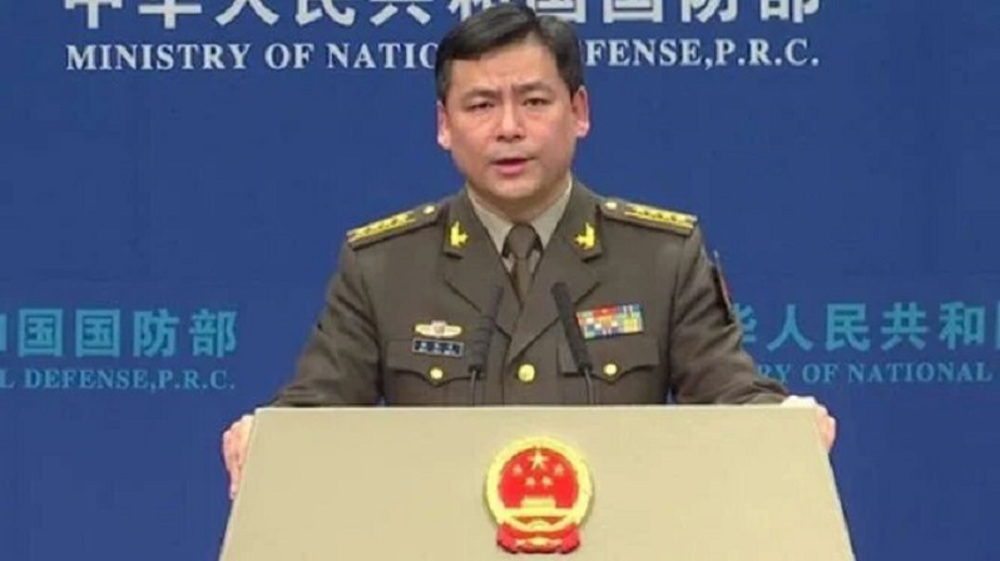
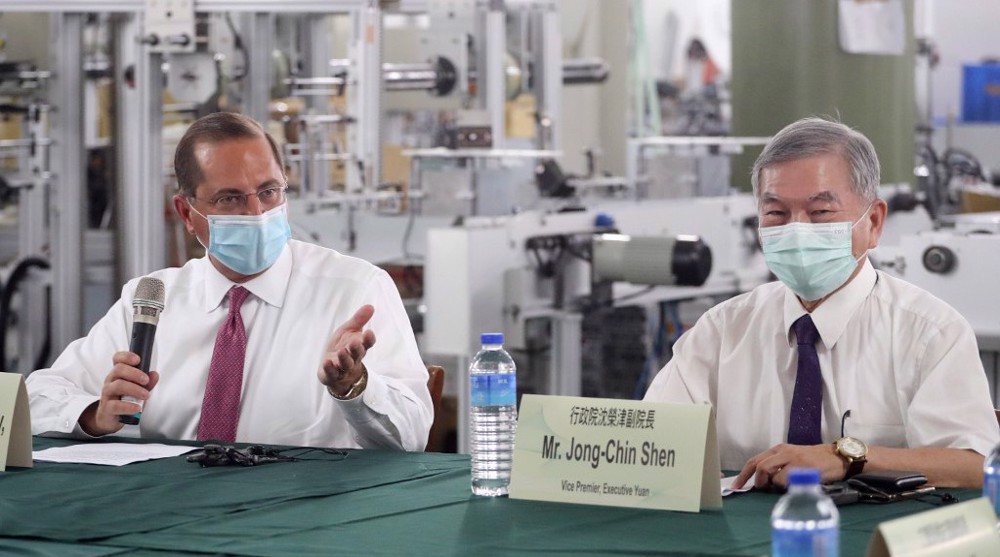

 This makes it easy to access the Press TV website
This makes it easy to access the Press TV website